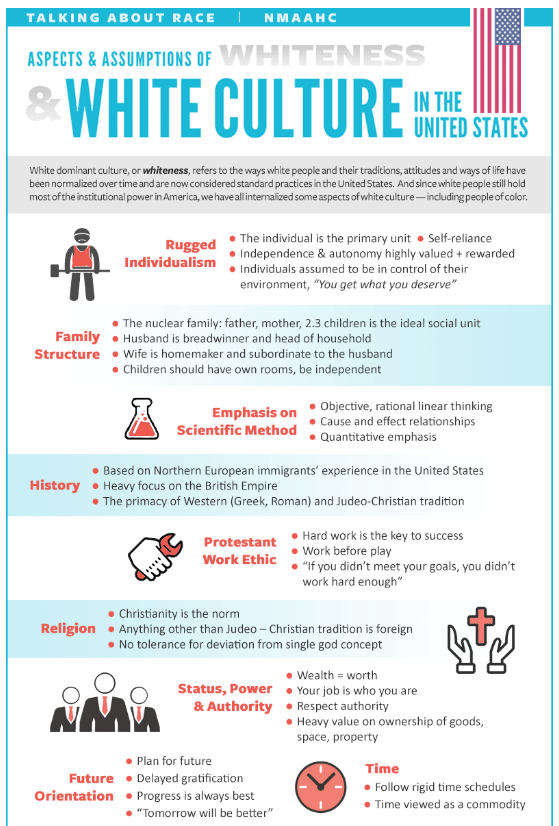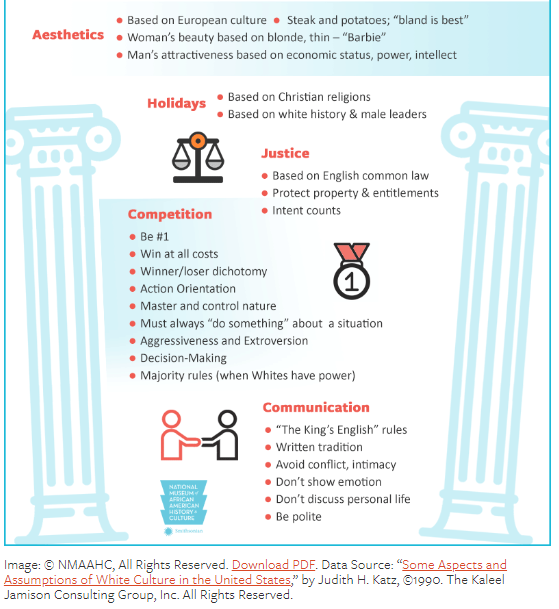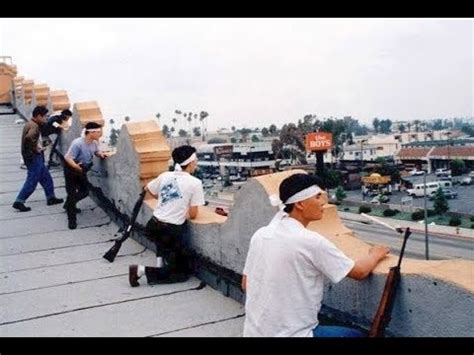Mack fled south toward Nashville, Tennessee for two reasons: Joliet was no longer safe, and he had it on good word that a man in Nashville named Clarence Grassly knew about his father’s murder. The good word had come from a low-level government official that signed the report that eventually lead to his father’s death. He hadn’t been forthcoming at first, but a hammer to both hands had loosened his lips considerably. That low-level official now sat at the bottom of the Des Plaines River thanks to a hunk of stone and some chain. Mack had put him there after taking the keys to his motorcycle.
He had spent the night at a run-down bed and breakfast in Evansville after a day of travel south. Luckily, communication between police departments was only as fast as the ethanol trucks that carried official documents could travel. Mack could move considerably faster on the motorcycle. The roads this far out from Chicago were difficult for the capital city to maintain. They were marked by large holes, fallen trees, rocks dislodged from hills, anything that could fall, stall, or destroy a road took their toll. Mack’s newly acquired motorcycle sped easily around obstacles that didn’t block the whole road. The trucks would have to make plenty of stops and detours.
Time was on Mack’s side, so he allowed himself to relax and enjoy the sun on his face and the wind in his hair. He even passed some fields filled with waist-high wildflowers. For forty years the old farms had grown back to something like their natural habitat. The world before the fall must have been so full to require so much food.
Mack left the bed and breakfast before the sun topped the eastern horizon. At that time, he figured the Chicago officials wouldn’t start looking for The Good Word Man until close to lunch. And probably another couple of days before they realized he was feeding fishes in the river. Mack wanted to put as much distance between him and Chicago as he could by that time.
His morning ride south through the northern reaches of old Kentucky were slow going. Most of old Kentucky was considered Chicago, but that was in name only. Chicago didn’t have the manpower or the money to control anything south of the Ohio River, but none of the other cities in the region openly opposed Chicago after the destruction of Indianapolis. Chicago’s victory in that war caused a chain reaction in the surrounding cities with Cincinnati becoming a vassal state a couple of days later followed quickly by Madison and Milwaukee.
Chicago ranged far and wide, but their border territories fell into disuse. Kentucky hardly had a road system and Mack spent half the morning stopping to find alternate routes because the roads had been destroyed.
Due to this, it was close to lunchtime as Mack drove past a large white sign with green letters that proclaimed:
Welcome to Island, KY
POP. 435 EST 1872
The population had been crossed out with a big, red spray-painted “X” Next to it a large red zero had been added.
Nature never failed to captivate Mack, and the green hills leading into town were no exception. He almost hit a pothole as large as his motorcycle he was so lost in the scenery. Eventually the hills gave way to a quaint little town snuggled into the green hills and trees. Mack’s’ stomach stung from hunger, so he pulled over into the overgrown asphalt of a squat blue building nearly drowned by weeds and three-foot tall grass. He killed the engine and climbed off the bike.
The street artist that had adjusted the population on the sign outside of town must have been correct. Island, Kentucky was the quietest town Mack had ever heard. Nothing moved along the long, straight street that crossed the front of the blue building
Mack ate lunch in the shade of an abandoned industrial building. He sat Indian style in a padded down patch of waist high grass. Hidden in his little blind, he was sure no one would see him from the road. He took a bite of his cheese sandwich and glanced back into the darkness of the building. He had made sure the building was empty before settling down for lunch, but one couldn’t be too careful. A crafty thief could always take one unawares.
The building itself sat twenty yards from the road at the other end of a cracked and weedy asphalt lot. Vines covered the concrete walls of the building covering the chipped paint of old with lush greenery. An image of a time lost and mother nature’s constant desire to feed upon the works of men.
Mack didn’t know what the building had been used for before the world of old collapsed in on itself. All metal had long since been scavenged leaving holes in the concrete where structures used to be attached to the floor. A rotting bed and a stash of slick-paper pamphlets of nude women were the only things other than trash that filled the building now. Mack’s father had been alive when everything collapsed nearly four decades earlier. Mack had grown up with stories of roads filled with cars (most of which were now nothing more than rust buckets, parts were expensive) and cold boxes he called fridges filled with food. Sometimes Mack would try to imagine a world like that, but those moments were few and far between. Survival was a full-time job, as his dad used to say.
Life seemed simpler now anyway. Harsher, sure, but simpler. He didn’t have instant grams to distract him while he enjoyed the song of a blue jay. Whatever the hell an instant gram was.
Mack stuck the last corner of the sandwich in his mouth and leaned back into the grass. A cool breeze crossed over him and he watched the tall grass sway above his head. His eye lids grew heavy. He considered a nap before getting back on the road. He had ridden his old Harley down main street past the broken windows of old stores. No more stores, no people walking the streets. His bike wasn’t quiet, and he was careful to take his time looking for any curious eyes peeking out of windows or from around corners. He had seen nothing. Yes, he figured a nap wouldn’t be too bad here. He allowed his eye lids to close and felt that weightless feeling one gets right before dropping into sleep. That’s when he heard it. A rustle. To his left. Something in the grass?
He sprang up. Closed left hand around one of his revolvers and swung it out where he heard the sound. He got his feet under him and poked his head above the grass. A small man in an ill-fitting shirt recoiled. Mack’s finger had the trigger half squeezed before he realized the startled man’s hands were raised.
“Woah, woah, woah!” The man exclaimed. The momentum of his fright made him lose his balance. His upper body bent and spun faster than his feet reacted and he ended up stumbling with is back to Mack, eventually falling to his knees. “Don’t shoot! Jesus.”
“Sneaking up on a man is a good way to get a few extra orifices.” Mack said as coolly as he could. His heart thumped in his chest. How could he be so dumb? He considered taking some pressure of the trigger but kept it half-compressed. He shifted his body so he was directly over his other gun.
“You’re telling me, it’s just been so long since I’ve seen anyone around these parts.” The man spoke back over his shoulder.
“Shut up for a second, would ya?” Mack snapped. The man was rail thin. His clothes hung off him like he was nothing but bones. The man was a head shorter than Mack with flat brown hair that hung limply to the man’s shoulders. He had a few days’ stubble on his cheeks.
Mack knelt and picked up his other revolver, pointed that one at the man, and dropped the left gun back into his leg holster. He kept the right gun on the man.
“What’s your name?” Mack asked, he let annoyance weigh down his words.
“Izakiah.” The man said. His voice was high and sing-songy.
“Alright, Izakiah. Why don’t you stand up-SLOWLY. Turn around so I can get a good look at you.”
“You can call me Z.” The man said, trying to be friendly.
“I haven’t figured out what I’m going to call you yet.” Mack snapped. Mack studied the man’s face. He had small beady eyes that looked out from sunken sockets. His nose was too big for his face and his chin barely poked out further than his Adam’s apple. The man’s green eyes darted to the gun in Mack’s hand. Something other than fear in his eyes. Mack took a step forward, brought the gun closer to Izakiah’s face. That look went away. “Tell me what you are doing out here?”
“I live here.”
Mack moved the gun closer. Izakiah squirmed and licked his lips, tried to smile.
“Izakiah, I want you to know something. I’m not too fond of strangers sneaking up on me. I’m also not too fond of being woken from naps. You just did both of those things, so I’m not too happy with you right now. If you want to keep up this little game, I’ll happily put a bullet between your eyes right now and be done with this.”
Izakiah’s eyes flew open as wide as they could when he didn’t see a shred of humor in Mack’s eyes. He started shaking. “Okay, okay. Like I told you, I don’t see many people around here. It gets lonely here, ya know?”
“Who else lives here?”
“Just me.”
Mack didn’t see a lie in his eyes. He lowered his gun and took a step back. “Maybe you forgot what these days are like. Sneaking up on someone like that is a dangerous proposition.”
“I wanted to catch you before you left town.” Izakiah lowered his arms. “You’re going south, right? I saw you on the main strip.”
“I go where I go.”
“The nearest town is south, east and west are more difficult to traverse. You would be sleeping outside if you go either of those directions.”
“Let’s say I’m going south. What does it matter to you?”
“Well, you don’t want to go south!” Izakiah’s voice jumped almost an octave and his eyes went wide again.
Mack lifted an eyebrow.
“The bandits.” Izakiah explained as if Mack were a child. “Nobody goes south from here. Those monsters will attack anybody on the road. They’ll steal what you have and leave you for dead if you’re lucky.”
“And if I’m not lucky.”
Izakiah scrunched up his face and pushed one finger into the circle made by the fingers on his other hand.
“Great.” Mack scratched his stubbly cheeks. “How many are there?”
“You can’t take them yourself, believe me.”
“How do you know about them? If they are as dangerous as you claim, how are you still alive?”
Izakiah chuckled, “Sometimes I sell them meat from the animals I kill.”
“You sell it.” Mack stated unbelieving.
“They need to eat just like you or me.”
Mack understood. “So I’ll go around them. East or West, then south.”
“Oh, you shouldn’t do that today, mister.” Izakiah shook his head. “No, it is much too late in the day for that.”
“The sun is barely on the ‘eve.”
“The roads east and west are hard to drive. They are completely missing in some places, wiped out by rains. You have to cross a river to the west. Bridge is out. On top of that, those roads aren’t straight, they weave in and out of woods, you’ll get lost probably. Stay here with me tonight. I’ll help you map the best route and you can go tomorrow.”
Mack sighed and looked out at the road. This day started out simple, now he was stuck with two decisions he liked less and less. Finally, he dropped the revolver into his right thigh holster. “C’mon then. I hope you have a good place for me to sleep.”
A smile spread across Izakiah’s face. “You mean it? You’ll stay?” He clapped his hands together and bounced from one foot to the other. “Magnificent! I have some deer meat left over from the other day. We’ll cook that up and have a right feast. Follow me!”
And Mack followed. What started as a simple day was about to get much, much more complicated.
Thanks for reading!
You just read the first chapter of my upcoming novella, “The Butcher of Island, Kentucky.” I hope you enjoyed it! Leave a comment down below with feedback and make sure to go to amazon.com to pre-order the digital copy for $0.99, which should be going up sometime this weekend/early next week. OR, you can order a physical copy for $5.99 on September 25th! If you like what you read, sign up for my mailing list for updates or follow my social media sites located on my Contact page.


